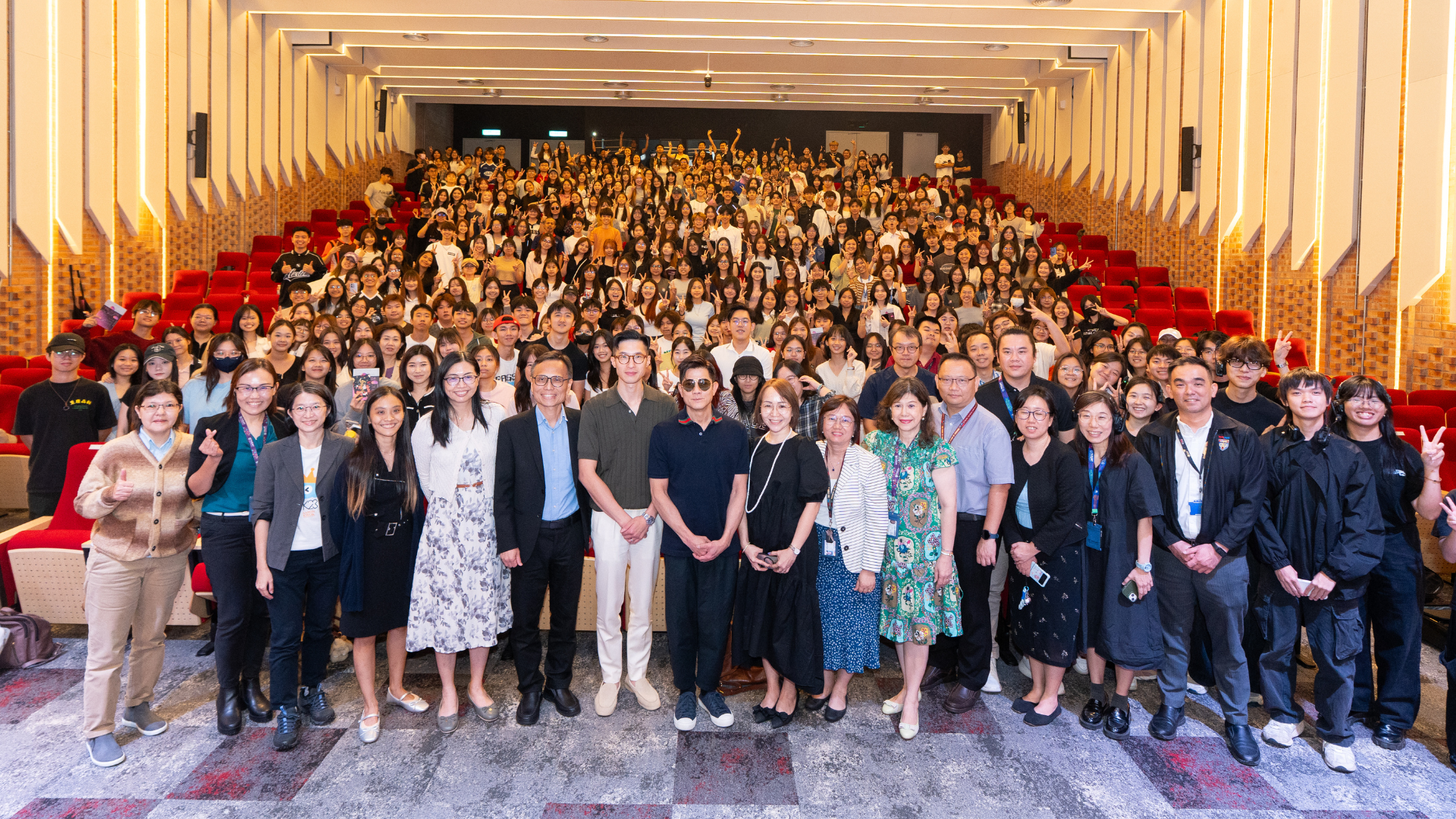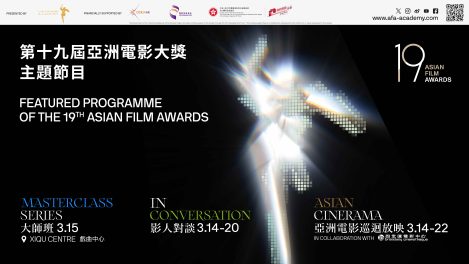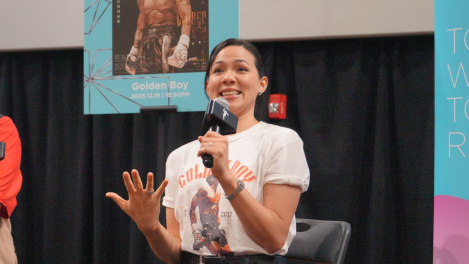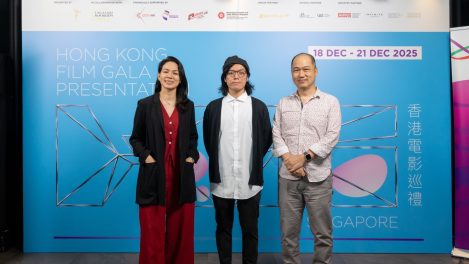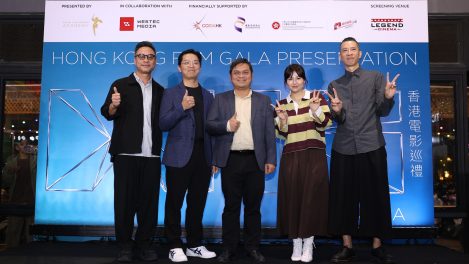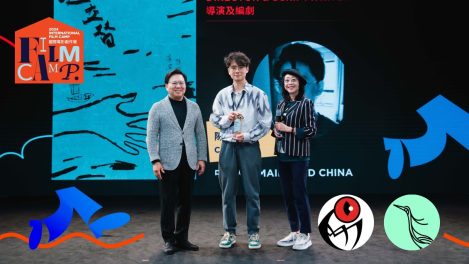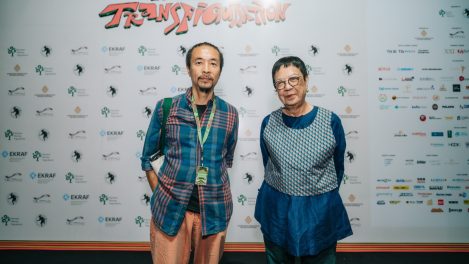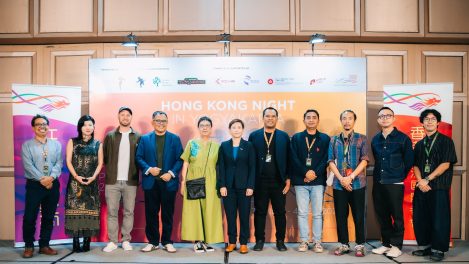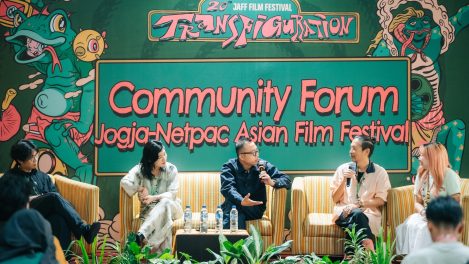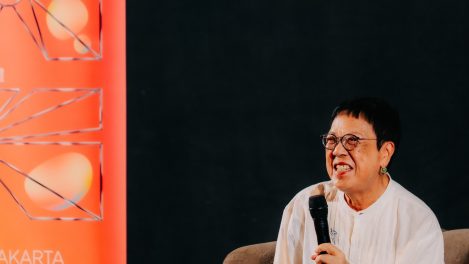Hong Kong Film Gala Presentation in Kuala Lumpur – Aaron Kwok Shares 35-Year Journey
Robin Lee × James Hung Inspire New Voices ; MJ Chan & Ken Law Unveil Action Craft ; Locker Lam Reflects on Fight for TomorrowOrganised by the Asian Film Awards Academy (AFAA) with Golden Screen Cinemas (GSC) and GSC Movies (GSCM), and supported by the Cultural and Creative Industries Development Agency (CCIDAHK), the Hong Kong Film Development Fund, and the Hong Kong Economic and Trade Office in Jakarta, the Hong Kong Film Gala Presentation – Kuala Lumpur was successfully held.
The line-up featured Aaron Kwok, My First of May director James Hung, Fight for Tomorrow actor Locker Lam and action choreographer MJ Chan, Four Trails director Robin Lee, and Ken Law, creator of Good Game. Beyond the opening ceremony and post-screening talks, four guests also visited Tunku Abdul Rahman University on September 22 for three panels: “Storytelling Across Documentary and Drama,” “Action Choreographer Designs Dialogue,” and “Infinite Horizon of Artistry.” Kwok reflected on his 35-year career from stage to screen, Lee and Hung discussed their creative process, while Chan and Law offered insights into the craft and evolution of Hong Kong action cinema.
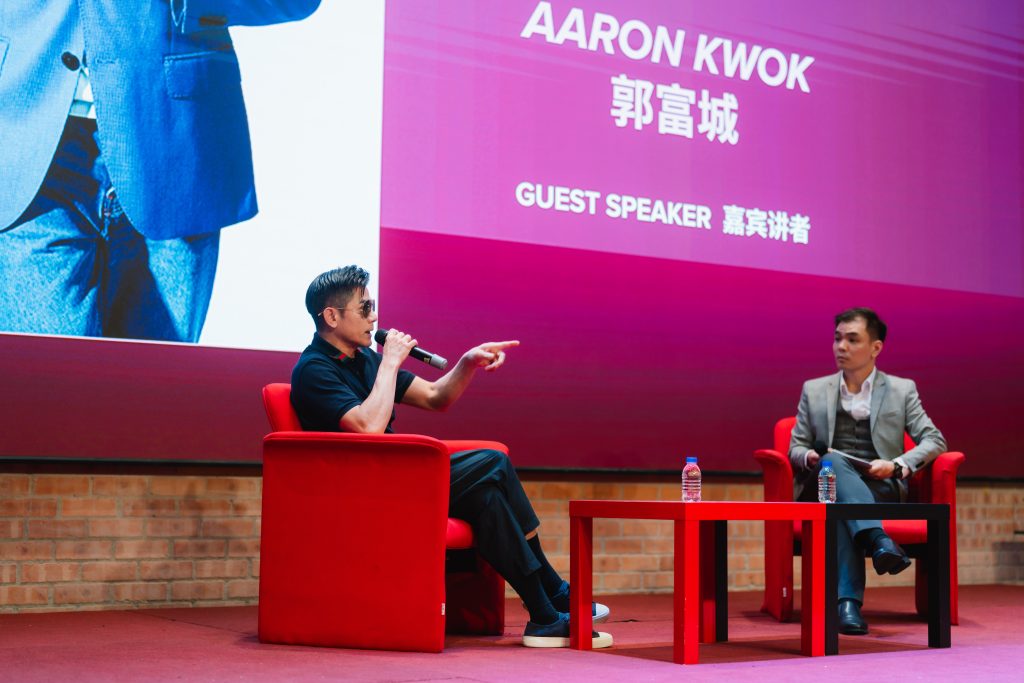
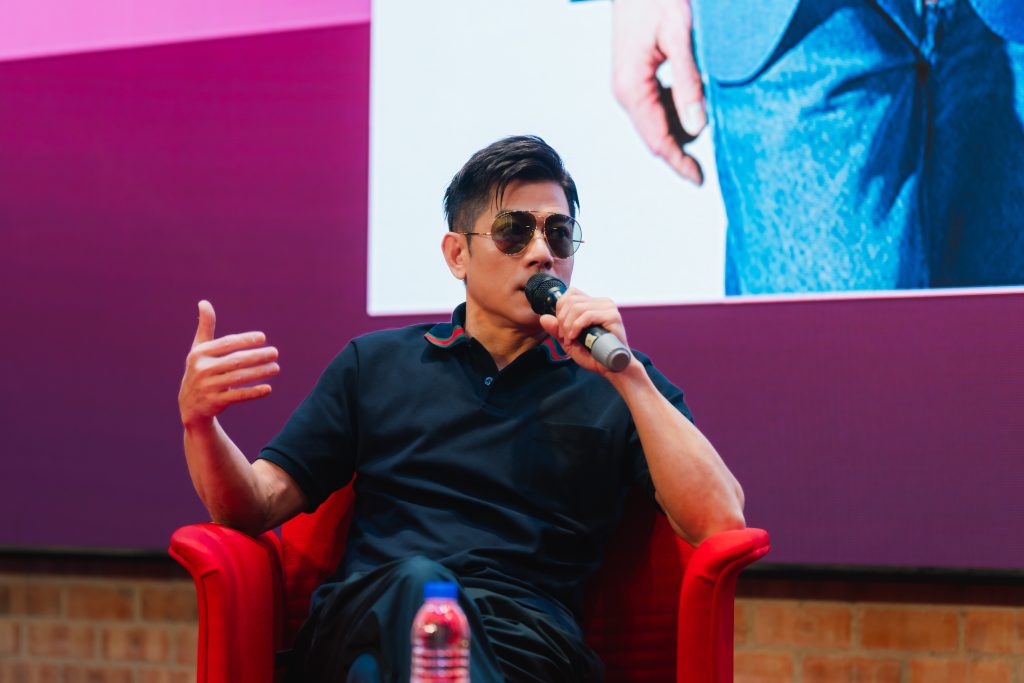
Aaron Kwok: Infinite Horizon of Artistry
Bringing his films My First of May and I’m Livin’ It to Malaysia, Aaron Kwok met university students face-to-face for the first time, greeted by enthusiastic cheers on his arrival. In conversation with the host, he looked back on his 35-year journey in the performing arts. He recalled being scouted as a dancer before entering TVB’s artist training programme, never expecting to become an actor: “I got the highest marks in the training, but I didn’t have the looks — others were taller and more handsome and immediately cast in lead roles. I started with minor parts, but I didn’t mind. I was young, and every step of growth was valuable.”
His career took off in Taiwan after a motorcycle commercial unexpectedly made him popular, leading to his debut as a singer despite not speaking Mandarin at the time. With the hit “Loving You Forever,” he rose to fame, releasing up to three albums a year during the 1990s. “Those ten years shaped me, but I was also exhausted — it felt like I’d lost a sense of excitement.”
Turning his focus to film, Kwok went on to win Best Actor at the Golden Horse Awards for Divergence, followed by acclaimed roles in After This Our Exile and Port of Call. He expressed gratitude to collaborators like William Chang, who helped him shed his idol image and embrace characters fully, and Patrick Tam, who taught him how to convey character through the camera’s rhythm: “A theatre coach once trained us by speeding up the tempo while we recited lines — it forced us to know them inside out. On set, no matter the pace or situation, I could deliver them naturally. It’s not about memorising; it’s about mastering.”
Kwok also emphasised his ongoing support for emerging filmmakers, noting that he has worked with many new directors over the years and hopes to continue giving young voices more visibility, helping to drive the future of Hong Kong cinema.
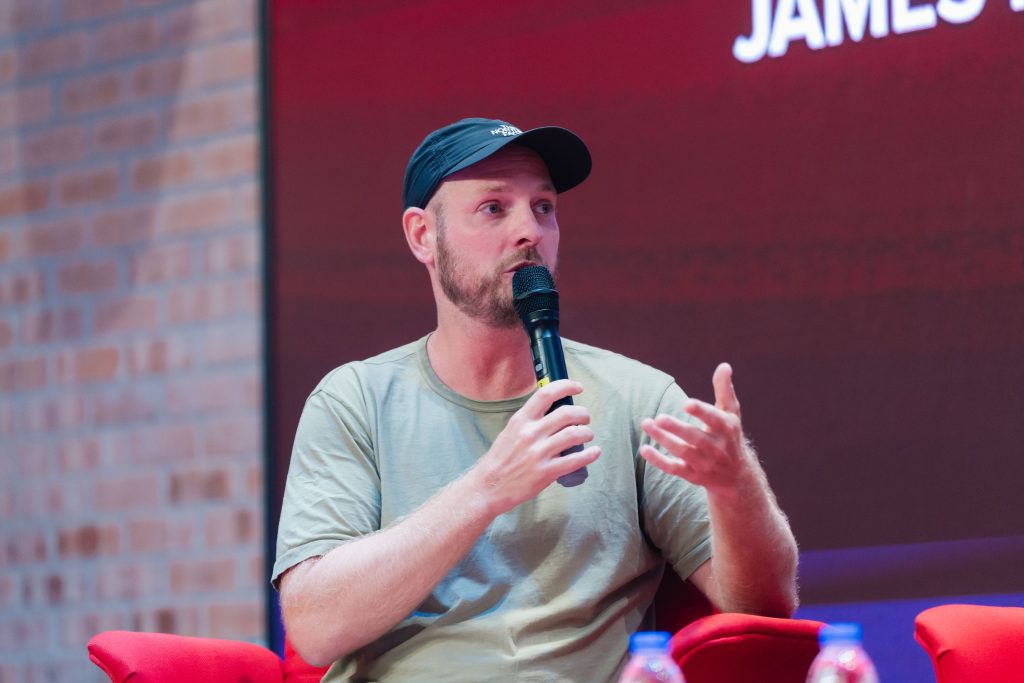
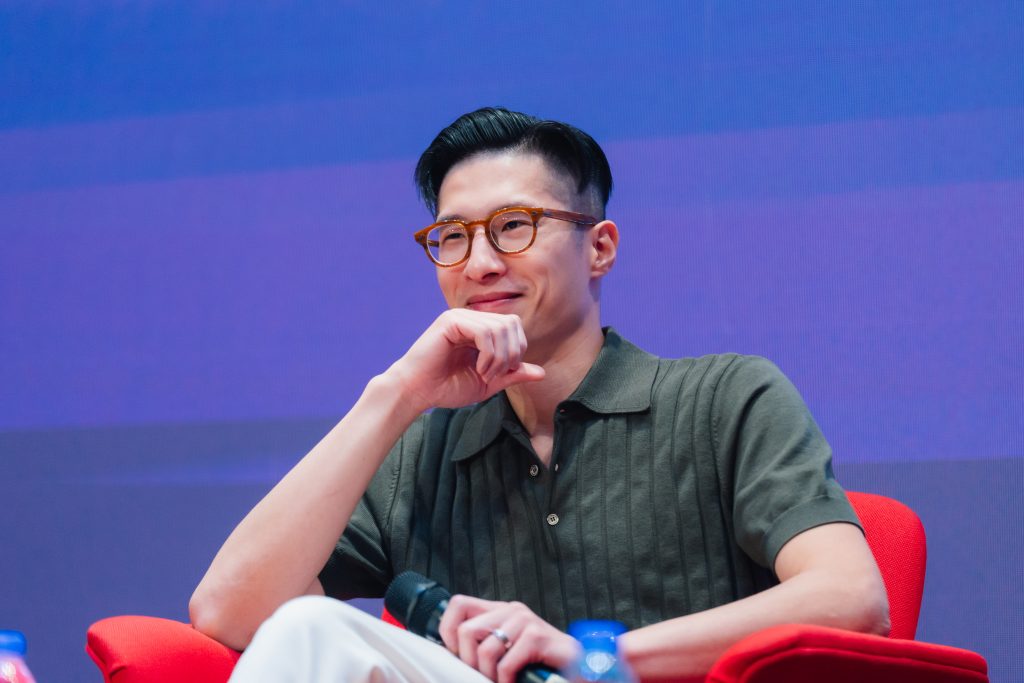
Robin Lee × James Hung: Storytelling Across Documentary and Drama
At the session “Storytelling Across Documentary and Drama”, Robin Lee, director of Four Trails, and James Hung, director of My First of May, shared their insights into the creative process.
Robin Lee described the unique appeal of documentary filmmaking as its unpredictability: “Even though our team had a narrative framework in mind during preparation, unexpected people or events often emerge to reshape the story. That unpredictability is what makes documentary filmmaking so fascinating — the structure and core themes are there, but the real protagonists only reveal themselves as life unfolds.”
As a new director, James Hung addressed a student’s question on how young people passionate about film can enter the industry. He encouraged aspiring filmmakers not to be deterred by cultural, social, or linguistic barriers: “Everyone has their own way of telling stories — stories about themselves and the environments they live in. Those unique perspectives are what make filmmaking meaningful.”
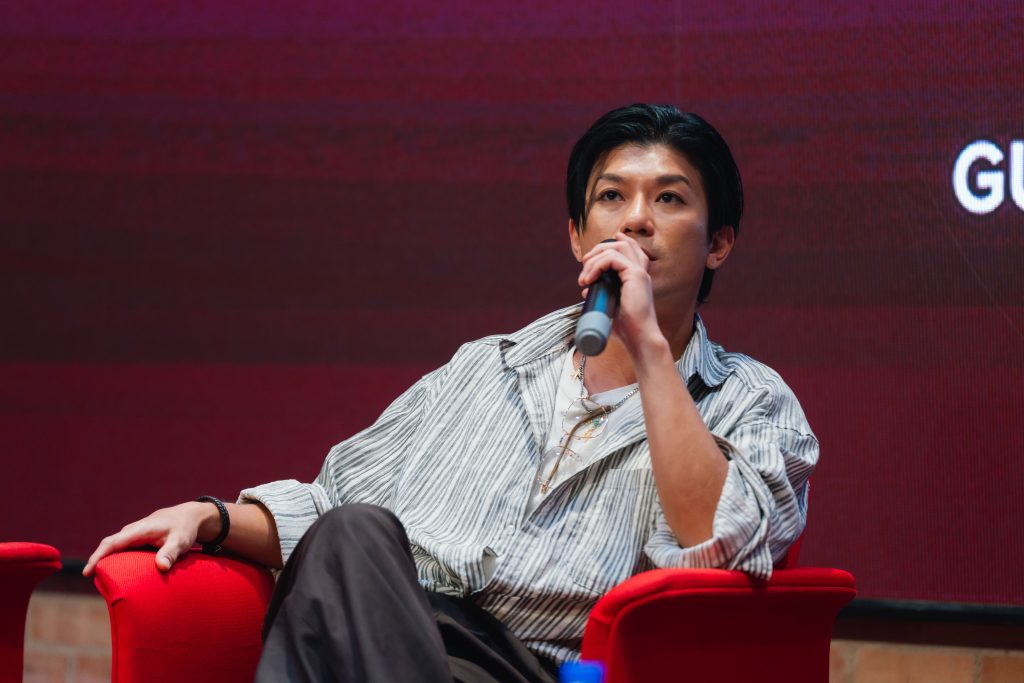
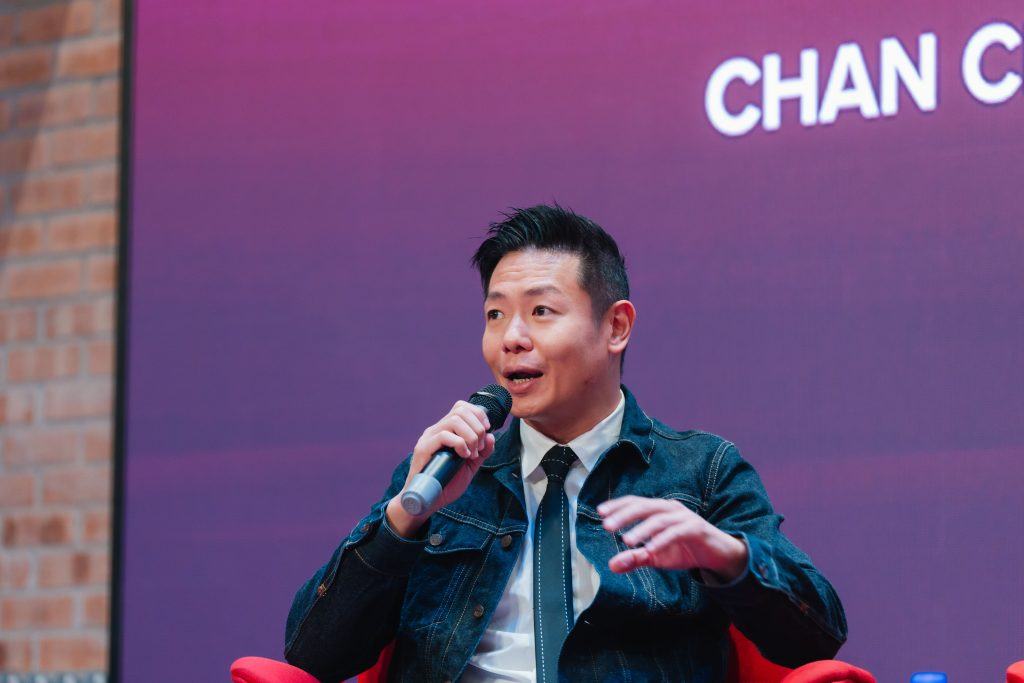
MJ Chan × Ken Law: Action Choreographer Designs Dialogue
In Good Game, Ken Law juggled multiple roles — “actor, planner, action director, and even original story creator” — while MJ Chan choreographed the Muay Thai sequences for Fight for Tomorrow.
Law admitted that “the hardest part of action filmmaking is keeping actors safe during complicated stunt scenes,” adding that today’s choreographers are far luckier than the older generation of stuntmen who often “risked their lives on set.”
Chan recalled a 30-foot fall that left him with a dislocated shoulder and broken leg: “It took me over a year to recover. Being a stunt performer isn’t about looking pretty on screen — it’s about ffocus and adrenaline to get the action done safely.”
Speaking on the global appeal of Hong Kong action cinema, Chan remarked: “Action choreography tells stories through body language. And movement is a universal language — that’s why Hong Kong action films resonate internationally.” Having doubled for stars such as Ekin Cheng, Louis Koo, and Andy Lau, he joked he was practically a “Best Actress” stand-in. “Our job isn’t just to finish the action for the actors, but to move in harmony with them, so audiences believe it’s the actor themselves performing.”
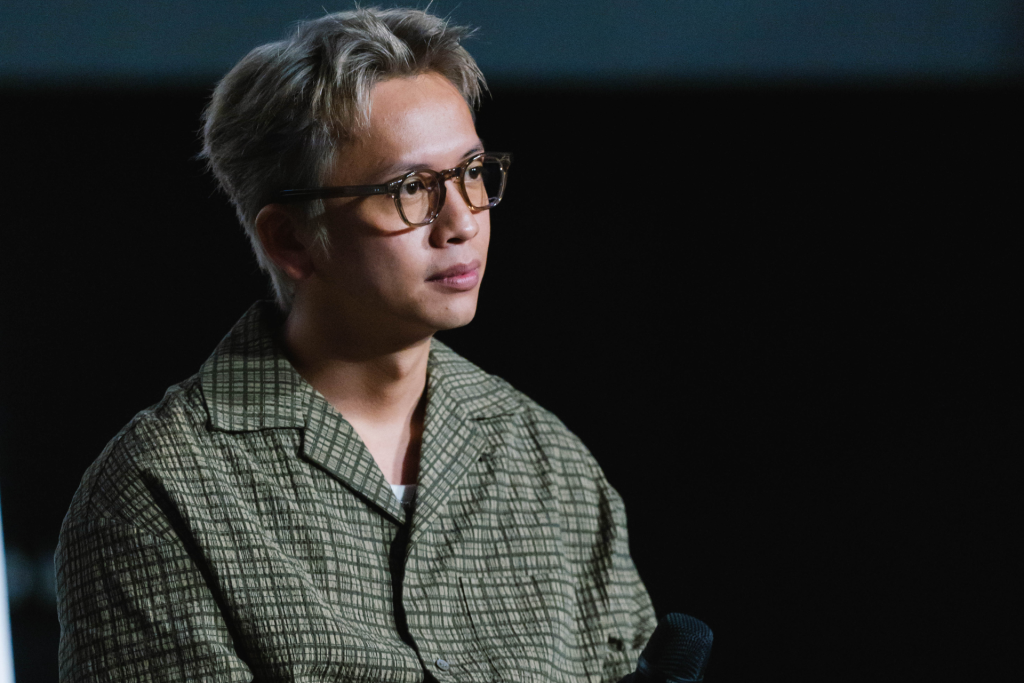
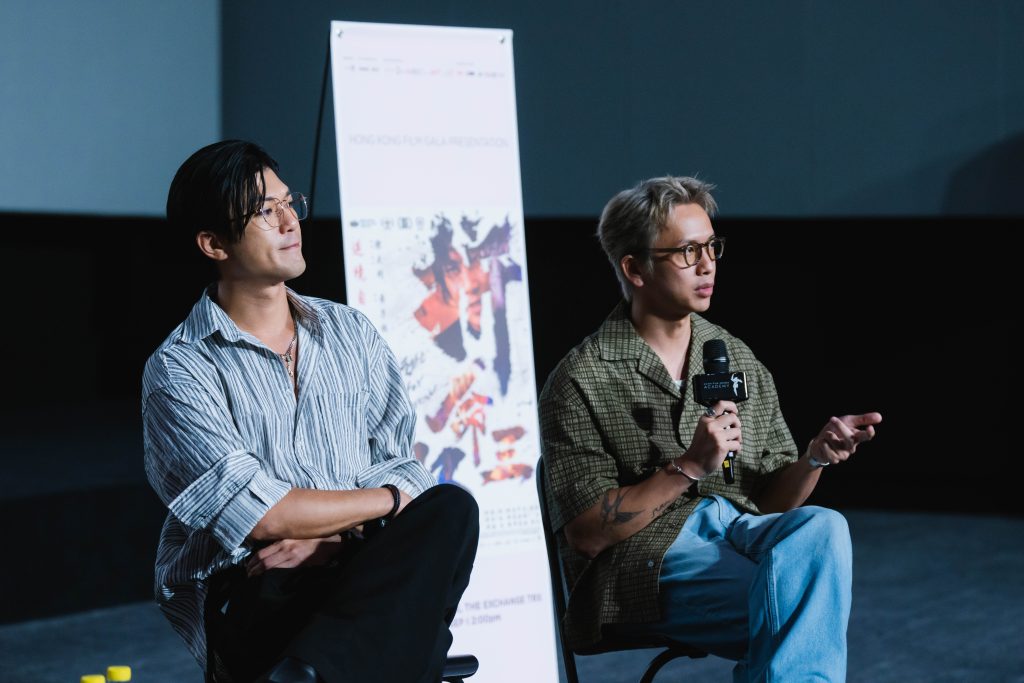
Locker Lam Reflects on the Gruelling Journey Behind Fight for Tomorrow
Also representing Fight for Tomorrow in Kuala Lumpur was actor Locker Lam, who appeared alongside action choreographer MJ Chan at the post-screening talk. He recalled the grueling shoot: “We worked more than 20 hours straight. To stay in shape, I was also intermittently fasting — at one point I nearly fainted.”
When asked why he didn’t use a stunt double, Locker was firm: “Authenticity is everything in boxing scenes. As long as I can handle it, I’ll always do it myself. I don’t want to look back one day, when I’m too old to perform, and regret not giving it my all.” His dedication drew a round of applause from the audience, who were moved by the spirit shared by many action actors.
Reflecting on his ten-year career, Locker admitted that he used to chase leading roles, but later learned to let go of that pressure. “Opportunities don’t always come when you want them. What I can control is enjoying the process and being true to each role.” That mindset shift, he said, allowed him to perform more naturally during auditions — ultimately leading him to land the part in Fight for Tomorrow, which he described as a rare honour.
Please contact us if any questions,
Email: info@afa-academy.com
Tel: +852 3195 0608
Website: www.afa-academy.com

